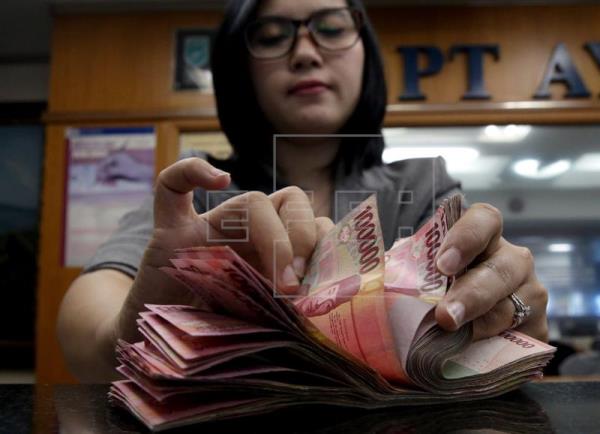
Government officials have been lukewarm on the redenomination plan and tend to ignore the three last zeros on the rupiah, arguing it would bring unnecessary confusion to the country’s economy..
Jakarta, MINA – The Finance Ministry and the central bank of Indonesia are reviving a plan to redenominate the country’s currency, asia.nikkei.com reported.
Rupiah bank notes come in much higher denominations than other currencies within the Group of 20 major economies, and officials at the ministry and Bank Indonesia have called for the introduction of a new rupiah at 1,000 to one against the old currency.
Also Read: Saudi Arabia Wins Bid to Host World Expo 2030
But people close to President Joko Widodo and government officials as a whole have been, at best, lukewarm on the plan, arguing it would bring unnecessary confusion to the country’s economy.
Many have pointed to the disastrous 1965 redenomination as an example, when the economy was thrown into chaos and resulted in the collapse of the administration.
Over the years, the denominations of rupiah bank notes have been rapidly raised in response to inflation and the plunge in value of the currency during the Asian financial crisis.
A Starbucks caffe latte now costs 33,000 rupiah ($2.48), while the price of a Toyota Motor’s Avanza starts at around 189 million rupiah. The nation’s budget in fiscal 2017 stands at 2,070 trillion rupiah.
Also Read: 148 Products from Indonesia Promoted at Sarawat Superstore Jeddah
The huge denominations often results in mistakes and questionable bills. Surprised at a bill of 92 million rupiah for six-months of language lessons, one housewife said she got in touch with the school and was told the correct amount was actually 9.2 million rupiah.
In 2010, the then-governor of the central bank declared the start of feasibility studies looking at redenomination.
In July, Finance Minister Sri Mulyani Indrawati told parliament she was considering adding the redenomination of the rupiah to a set of bills for priority examination over the next fiscal year.
Lawmakers, however, seem to have a polar opposite view to Sri Mulyani, an economist who is not a member of parliament. Widodo will seek re-election in 2019 and his supporters fear that the potential confusion involved carries immense political risks. (T/RS5/RS1)
Also Read: Packaging Industry Supports Halal Ecosystem
Mi’raj Islamic News Agency (MINA)
Also Read: Indonesia-Japan Agree on Energy Transition Cooperation









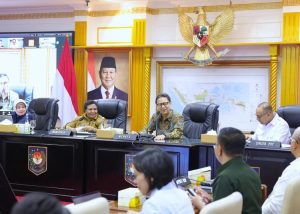
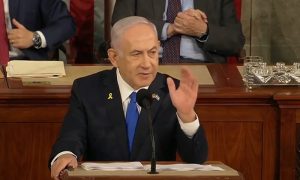



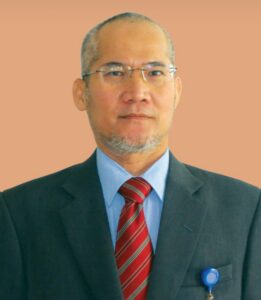
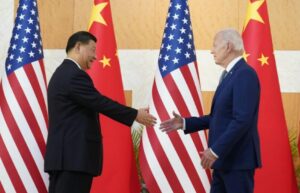

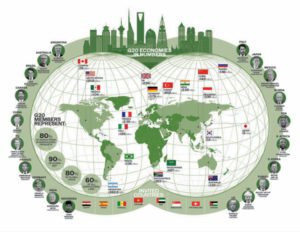
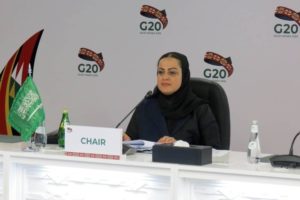
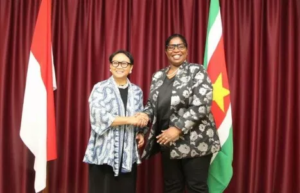




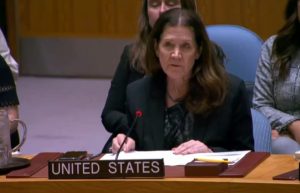











 Mina Indonesia
Mina Indonesia Mina Arabic
Mina Arabic